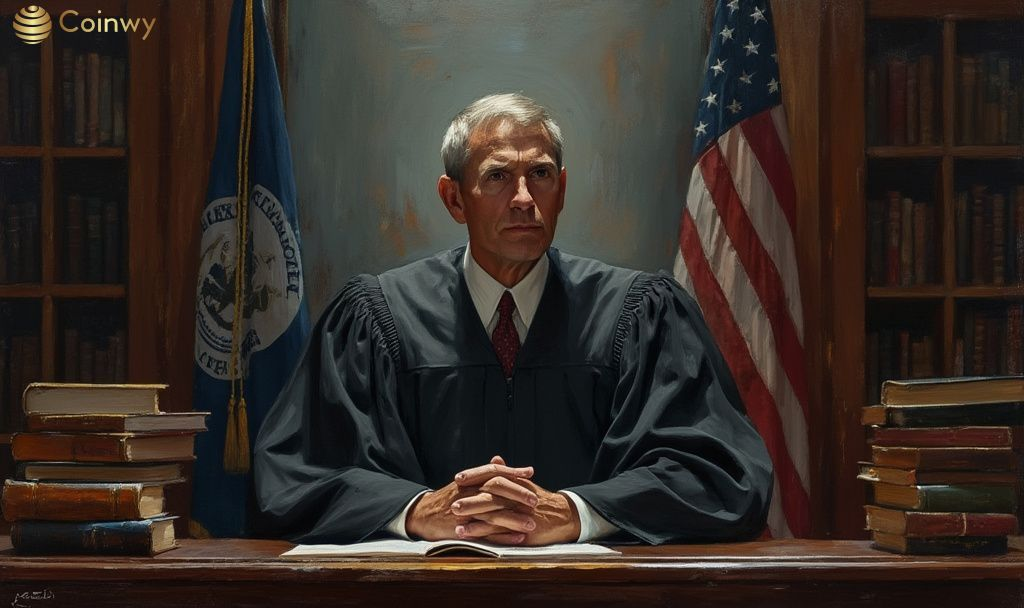- Fraud charges overturned in Mango Markets case.
- Ruling impacts crypto legal landscape.
- Potential shift in DeFi regulation standards.
Federal Judge Arun Subramanian overturned significant charges against Avraham Eisenberg in the Mango Markets exploit case. The decision reached in the U.S. concerns a collapse of some fraud convictions.
This case reshapes the legal framework for handling DeFi exploits, highlighting the complexity of prosecuting crypto fraud. The market is closely observing potential changes following this decision.
Judge Arun Subramanian ruled that insufficient evidence existed to prove Eisenberg made misleading statements under a permissionless and automatic platform. This resulted in the overturning of convictions related to market manipulation. Eisenberg initially manipulated the MNGO token’s price, increasing its value by over 1,300% within moments before leveraging this for financial gain.
Eisenberg argued that he exploited existing system flaws without engaging in deceptive practices. His case raises questions over the handling of technical vulnerabilities in decentralized markets. The judge’s ruling cited the absence of sufficient evidence of falsity, further influencing crypto legality.
“There was insufficient evidence of falsity,” noted Judge Arun Subramanian, emphasizing the challenges in establishing a legal basis for fraud.
While the case offers precedents for DeFi exploit handling, there remain concerns about regulatory consistency. Current judicial interpretations may prompt a revision of legal strategies deployed in similar future cases, potentially impacting regulatory policies around decentralized exchanges. Despite the case’s outcome, Eisenberg remains incarcerated over unrelated charges, marking continued scrutiny of individual conduct in crypto regulation.






